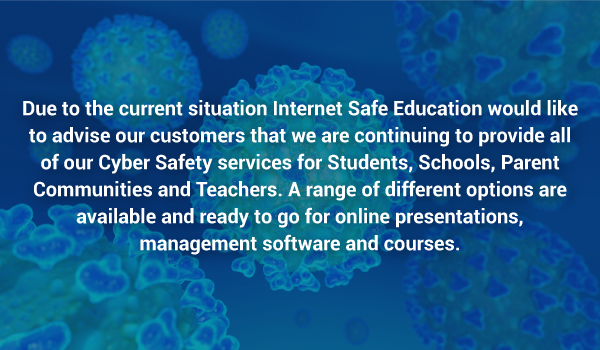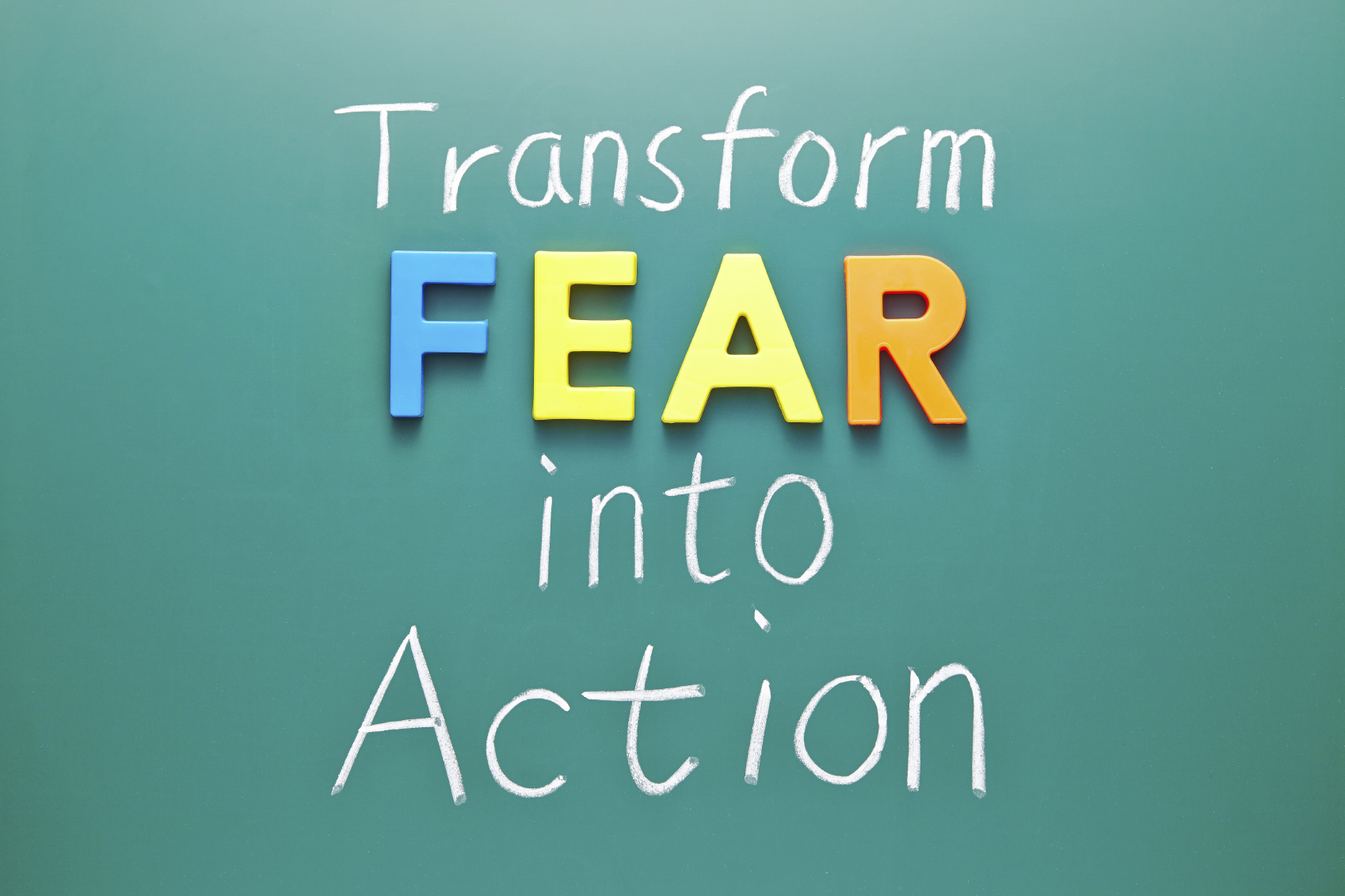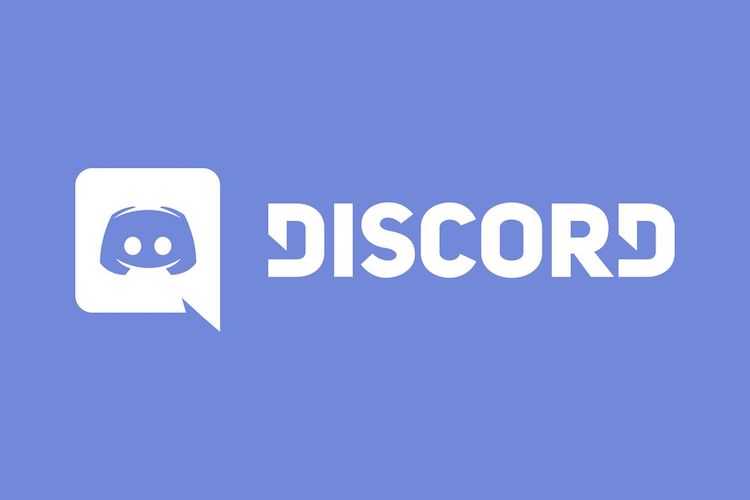The Dark Web often conjures images of a hidden underworld thriving in the shadows of the internet, a place where anonymity and secrecy reign. Despite its notorious reputation, understanding the dark web is essential for anyone concerned with internet safety. The dark web is a part of the internet that is not indexed by traditional search engines, making it invisible to most users. It requires specific software, configurations, or authorisation to access, with the Tor browser being the most common gateway. This blog post aims to demystify the dark web, shedding light on its impact on internet safety.
Firstly, it’s important to distinguish between the deep web and the dark web. The deep web includes all web pages that search engines can’t find, such as user databases, webmail pages, registration-required web forums, and pages behind paywalls. The dark web, however, is a small portion of the deep web, deliberately hidden and accessible only through special browsers like Tor. The dark web is often associated with illegal activities, but it also serves as a platform for those under oppressive regimes to communicate freely, for whistleblowers to share information anonymously, and for journalists to research sensitive topics without fear of reprisal.
The dark web’s impact on internet safety is multifaceted. On one hand, it provides a haven for cybercriminals. Marketplaces selling illegal goods, forums sharing hacking tips, and sites offering various illicit services can all be found with relative ease. This side of the dark web poses significant challenges to law enforcement and cybersecurity professionals, as the anonymity it offers makes it difficult to track down perpetrators. Cybersecurity threats originating from the dark web, such as malware distribution, financial fraud, and data breaches, have profound implications for both individuals and organisations. These activities not only lead to financial losses but also compromise personal and corporate data, undermining trust in digital systems.
On the other hand, the dark web’s emphasis on anonymity and privacy can be positive for internet safety. For individuals living in countries with restricted freedom of speech, the dark web can be a lifeline, offering a platform to communicate and access information freely. It also provides a secure space for activists, dissidents, and whistleblowers to share sensitive information without fear of retaliation. Moreover, the technology that powers the dark web, such as Tor, contributes to enhancing online privacy and security for all users. By encrypting data and routing internet traffic through multiple servers worldwide, Tor helps protect users’ identities and defend against surveillance and traffic analysis.
Understanding the dark web is crucial for developing effective cyber safety strategies. Awareness and education are key components in mitigating the risks associated with the dark web. Organisations or industries that support children must adopt robust cybersecurity measures, including the use of strong, unique passwords, two-factor authentication, regular software updates, and comprehensive security solutions.
As the dark web poses significant risks to a child’s online safety, acting as a digital underworld where illegal activities, including the sale of personal information and illicit goods, thrive. Unsuspecting children, curious about the hidden corners of the internet, might inadvertently stumble upon or be lured into the dark web’s more nefarious sections, exposing them to dangerous content and potentially harmful individuals. This exposure can lead to serious consequences, including identity theft, cyberbullying, and unwanted contact from online predators. Therefore, it’s imperative for parents and guardians to be vigilant, employing robust online safety measures such as monitoring software, open communication about the hazards of the dark web, and setting strict rules about internet use, to protect their children from the hidden dangers lurking in these unregulated spaces.
The dark web remains a complex and often misunderstood aspect of the internet. While it is associated with illegal activities and poses significant challenges to internet safety especially for children and teenagers, it also plays a crucial role in protecting privacy and freedom of expression in an age of surveillance where everything is scrutinized. By demystifying the dark web, we can better appreciate its impact on internet safety and take informed steps to protect ourselves, our children and our digital environments. Embracing a balanced view of the dark web, acknowledging both its dangers and its necessity, is essential in navigating the complexities of the modern internet.


